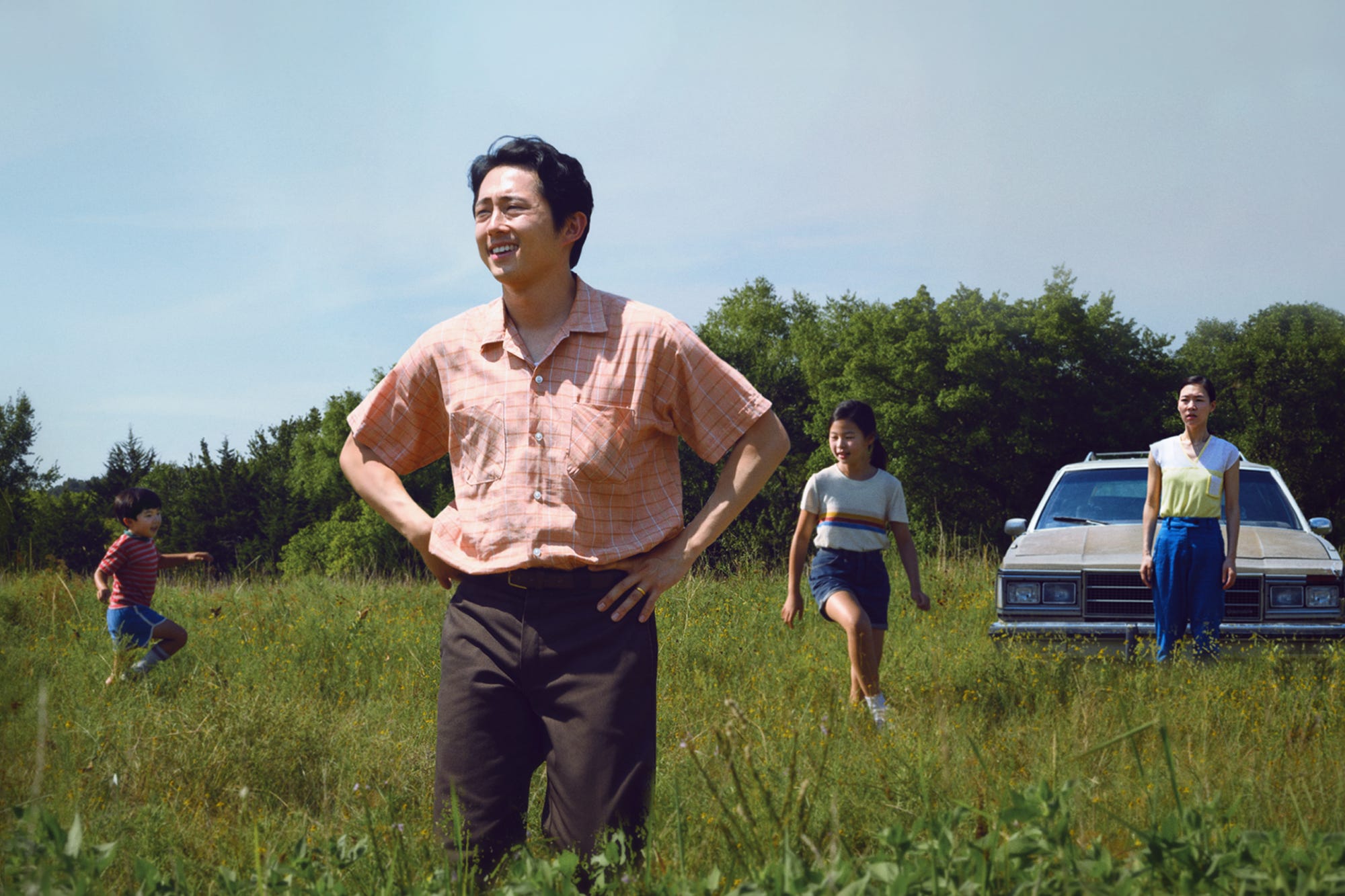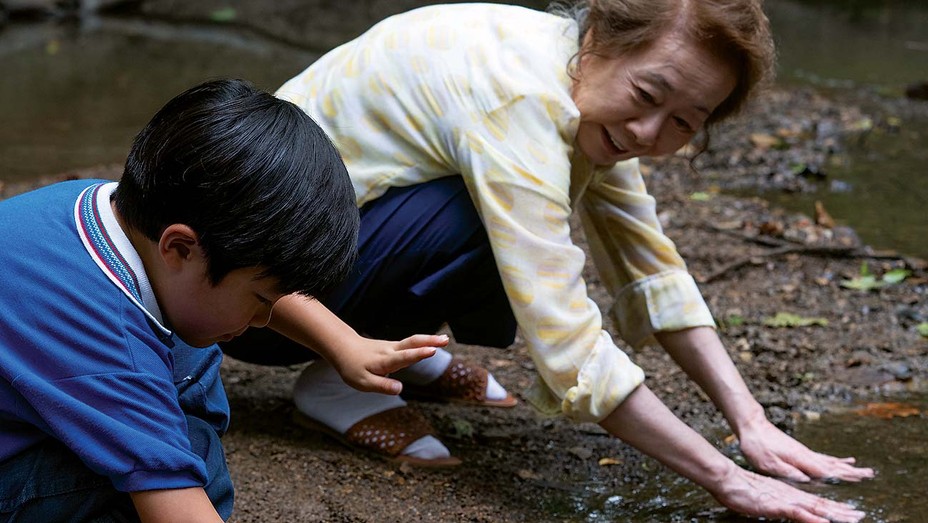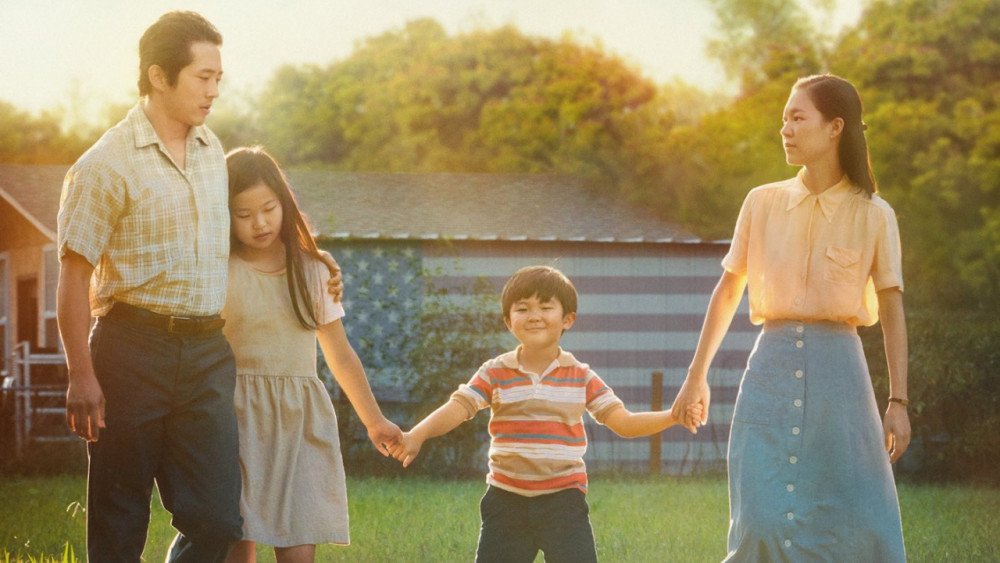‘Minari’ is a comedy-drama film that revolves around a family of South Korean immigrants who move from California to a farm in Arkansas to pursue their American Dream. Set in the 1980s, the life of the Yi family changes with the arrival of the grandmother. Through their ups and downs, they realize that all that matters is that they have each other.
The film is extremely relatable because it touches upon the themes of family, migration, financial security, and growing up in different cultures. Millions of families all over the world move to other places to find better opportunities and reserve their place in a new culture. This film may come across as the story of one such family. If you are wondering whether the story of the Yi family is rooted in reality, we are here to help you settle those doubts!
Is Minari Based on a True Story?
Yes, ‘Minari’ is partially based on a true story. The film is advanced as a semi-autobiographical as the director-screenwriter Lee Isaac Chung borrows instances from his experiences growing up. However, the storyline itself is fictional. Much like David in the film, Chung grew up on a farm in rural Lincoln, Arkansas. In the film, Jacob and Monica move to Arkansas to start a farm; it felt natural for Chung to choose this line of work for the characters since both his parents belong to farming families in Korea.

In fact, his parents have actively taken to farming and have converted their backyard into a “giant garden.” They often send over what they grow to Chung, his wife, and their kids. Chung lived with the story for many years before he actively got down to making the film. Over the years, he had to keep putting it aside because of other projects coming his way. Finally, he felt like he had to make the movie, or else he may never be able to. This delay turned out to be quite helpful.
He started jotting down the memories that came to mind, but his experience of fatherhood helped him bring more depth to the story. Chung learned what it is like to chase his dreams and work for a better future for the sake of his family. The director shared that when his parents watched the film, they felt that he acknowledged their struggles, which was very rewarding. It was vital for him to keep “some distance from reality” so that he did not try to make the movie an exact account of their experiences.

A conversation with the production designer Yong Ok Lee “shook” him up when she pointed out that the film was the story of the Yi family and not the story of his own family. Chung was 6-years-old when his grandmother came to live with them in the USA. He based Soon-ja’s character on his memories of her and has also dedicated the film to her. However, he gave the actress Youn Yuh-jung the freedom to portray the role the way she liked. The actress layered this character with her own memories of her great grandmother.
Youn Yuh-jung remembers that she was not fond of her great grandmother as a child but feels guilty looking back because she can now recognize her gestures of love. You may find it fascinating to know that Yuh-jung had experienced life in the USA when she lived as a “nice housewife” in Florida from 1975 to 1984. Like most families at the time, they were attempting to build a life outside Korea. This helped her connect with the experiences of the Yi family. Chung did not want this film to be a predominantly “immigrant story,” and he did not want to dwell on their struggles.
This is why he showed that the Yi family had lived in the US for a few years, which naturally brought a difference to the narrative. In the film, the director was more interested in emphasizing the family angle and how the family members relate to each other. However, it doesn’t mean that he did not acknowledge racism in this movie. The film also addresses what it means to be a part of two cultures, which most people may relate to. There is no singular way to define oneself as all people have unique experiences. Looking at all these factors, it is not hard to imagine why one would think this is a true story.
Read More: Where Was Minari Filmed?


You must be logged in to post a comment.